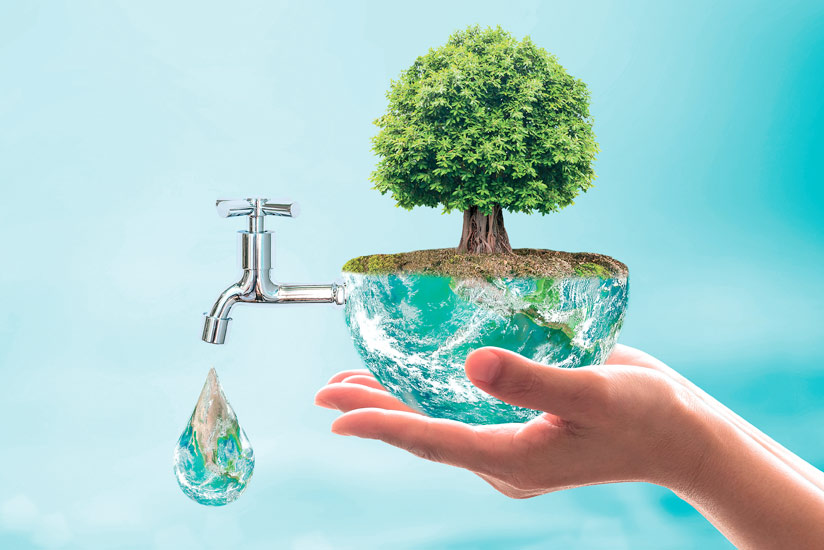Water scarcity is a pressing issue in Pakistan, with the country ranked among the top water-stressed nations globally. With a rapidly growing population and dwindling freshwater resources, innovative solutions are crucial to ensuring water security. Fortunately, technology is playing a transformative role in water conservation efforts, enabling efficient resource management and sustainable practices across various sectors.
This content is restricted. Subscribe Now to gain access.








